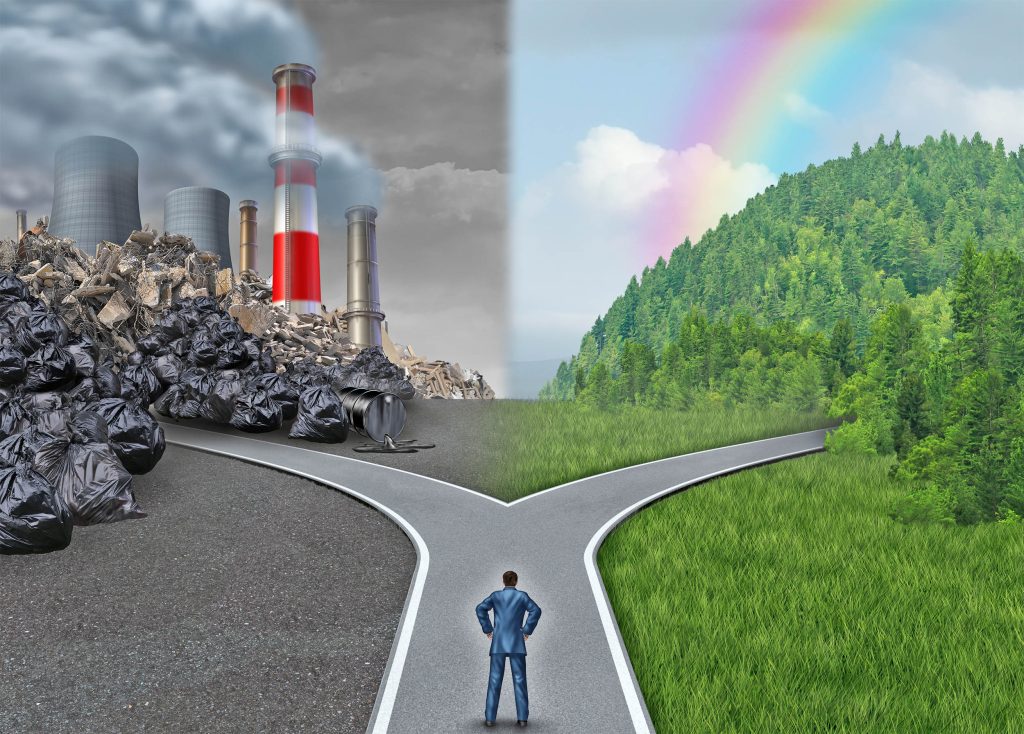
No COP 26 wasn’t a success. Objectives were not met. An agreement to promise to do better next year is not an achievement.
Worse is the deception by fossil fuel promoters (who represented the biggest delegation at the conference (bigger than any country including USA or China) that they will start to phase out fossil fuels around 2050. The oil industry currently estimates that oil will have run out by 20701 so clearly a forced phase out will have been started a couple of decades before. Practically speaking our analysis indicates that access to fossil fuel resources will be curtailed much sooner, in a decade or two. In other words we are already in the phase out wedge and fossil fuel promoters are simply racing to get as much cash as they can before fossil fuel resources are nationalised because they are strategic assets essential to survival of states. The rich are filling their coffers while they can (though they will find that money is not palatable).
Change agents, activists and people with awareness and a moral compass have been promoting a reduction in humanity’s carbon footprint. But the opposite is happening. Maybe that’s because “humanity’s carbon footprint” is such an unfamiliar idea. Who can even conceive of “reducing their own carbon footprint?” It’s a weird idea.
And because carbon reduction doesn’t focus on a particular fuel or behaviour that people can relate to, analysis is murky and distorted, as well as seemingly irrelevant to daily lives. (Electric vehicles are an example: The perception is that they reduce carbon but clearly their manufacture consumes tremendous amount of fuel and other resources and the primary source of their energy remains predominantly fossil fuel. Worse the subsidies surrounding them are enjoyed by the wealthy who can afford new cars thereby exacerbating wealth inequality. They also seem to have a limited future as lithium has all been dug up.)
If people believed the objective of COP26 etc was to save nature and to preserve stable society and the way to do that is reduce emissions (of carbon or nitrous oxide carbon monoxide or other pollutants, then America and China would be striving to out do each other in that way, by lowering emissions. But they are doing the opposite.
Instead there a turd of an agreement on the COP table which promises to do better next year …
… and fossil fuel companies and connected industries are saying they’ll begin to phase out in 2040, 2050 … That’s just not funny. As noted above oil will have run out by 2070. Run out at current, ie not growing, consumption rates. We’ll be feeling the pinch well before then, may be in less than 10 years … or sooner. The pump price has shot up 15% in the past 6 weeks because Saudi Arabia needs to repair its balance sheet….
The big problem is that we don’t want to stop. We’ve managed to delude ourselves that we aren’t so polluting, or greedy, by outsourcing all of our production to China, India, etc. Now the carbon footprint of “developed” countries is severely underestimated because the carbon emitted to produce the goods we buy and use is counted against the production country, not the consuming one. That’s leveraged pollution!
So take another perspective …
Why not focus on the underlying problem, which is not carbon. The underlying issue is energy consumption and linear production and consumption systems that produce waste and pollution. Underlying humanity’s overconsumption of nature is our burgeoning energy consumption, led by populations in wealthy countries. Yes, that means you and me.
Clearly we must reduce energy use. We must focus on the need to reduce energy use. We can all do that and it’s easy to switch off the lights when you know it helps. And within that framework we need to eliminate fossil fuel use.
By the way, changing to a different energy source, eg nuclear is not a solution. The amount of energy used by us all and the convenience of oil’s use can not be replaced. Furthermore, if fossil fuels have run out then so has plastic and there is no substitute for the phenomenal crude oil molecules which are the basis for washers, cable coatings, sealants, insulators, etc without which none of our modern conveniences can exist.
So stop talking about carbon and start focussing on reducing energy use and eliminating fossil fuel extraction.
So why was COP26 a success?
Because maybe enough people realised that GOVERNMENTS WILL NOT SOLVE PROBLEMS. The extensive demonstrations and toneofmedia coverage showed a growing realisation that individuals are the only way that the system is going to move from a consume and waste mentality to a nurture and thrive mentality is by people choosing to live differently. The change in how we manage society will emerge. If we choose to adopt enlightened values like cooperation and sharing the system will adapt. If we choose to abdicate choices to government the values of command and control and independent thinking will continue to dissolve the fabric of civilised society.
A small but critical mass of people all over the world are realising that current systems and behaviour are dysfunctional and are calling for changes as well as living their own lives differently. Eating less meat for example (96% of mammals on the planet are humans and our food, only 4% of mammal biomass is wild!). The pandemic helped people to try working from home and a large proportion of people now know the benefits of telecommuting. Similarly the vain drudgery of working for others has revealed the expensive trade-off of neglecting time with one’s own family and friends. People are also recognising that taking responsibility for their own health is more effective than following mantra of politicians.
The overarching sense from COP26 is that people have given up on governments. They are still part of the system and will be involved in reorienting society, but there seems to be a chance that the large minority of people who realise that changing the world is up to them individually will become a majority soon and we will all take active responsibility for changing the way we live. Governments and companies might survive, or not. But we might preserve the bounty of the biosphere and human civilisation if we change quickly.
Love nature. Live life.
1 BP’s world energy report states that there are 1,732 billion barrels of reserves while annual consumption is 35 billion barrels. 1732/35 = 49 years.




Comments